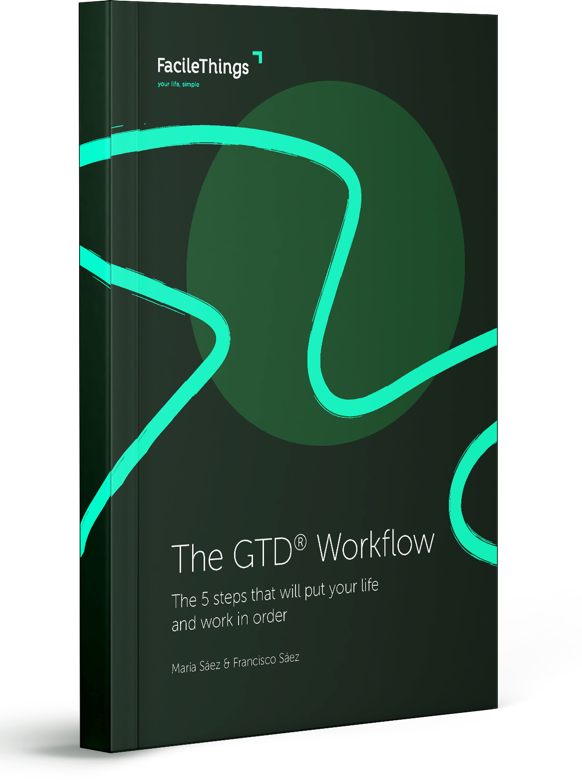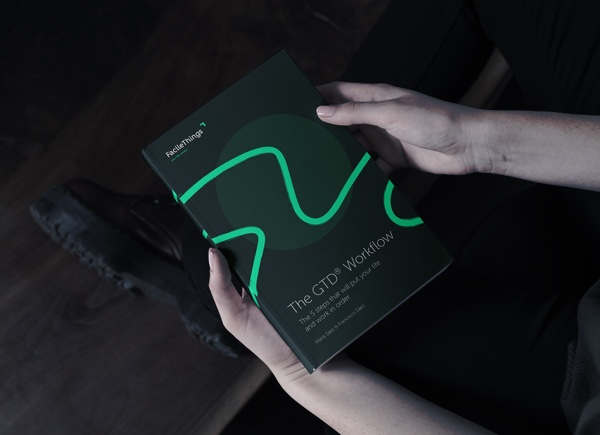Personal Productivity
Deliberate Practice: How to Become an Expert
AUTHOR: Francisco Sáez"Practice does not make perfect. Only perfect practice makes perfect." ~ Vince Lombardi

The Swedish psychologist K. Anders Ericsson spent a lot of time investigating how experts in different fields (such as medicine, music, athletics or chess) acquire a higher level of performance than others, and how important deliberate practice is in that process.
The conclusion of the research is that, with few exceptions, the qualitative differences in performance between an expert and a non-expert aren’t genetically determined. Of course, talent helps. But being an expert in something is generally the consequence of making a deliberate effort over a more or less long period of time, with the goal of improving certain skills in that domain.
There are a few things that experts do differently: they identify the skills and techniques they need to improve and they focus on improving them day by day, doing practical activities and evaluating their progress. They also increase the level of difficulty of those activities as they progress, always looking for their limit.
Deliberate practice is an approach to improving a skill or activity through conscious repetition and analysis of how it is performed. This technique is based on the idea that, to improve in any skill, it is necessary to break it down into smaller parts and work on each one individually. Deliberate practice involves paying close attention to every detail and constantly analyzing performance to identify areas that need improvement. This is done through constant feedback and adjustment.
The key to all this is the word “deliberate”. It’s not just a matter of practicing, it’s not just a matter of putting in the hours. It is about practicing consciously, breaking down our goal into smaller parts, analyzing what we are doing right and what we are doing wrong, putting emphasis on changing what we are doing wrong and looking for small details that will allow us to improve even what we are already doing well.
To become an expert in a given field you will need to study and practice extensively in the field. This usually involves gaining a thorough understanding of the relevant theories, principles and concepts, as well as acquiring the necessary skills and abilities through practice. It also involves keeping up with the latest developments in the field and actively seeking out new opportunities to learn and improve.
You also have to be able to concentrate and be persistent, as the process of gaining experience can take many years of hard work and dedication. Although the study talks about a frontier of about 10 years or 10,000 hours of practice, beyond which it is difficult to improve, any time you spend consciously practicing something specific will make you better at it.
To approach skill improvement in this way, it’s important to get constant and accurate feedback on how well you are performing the skill in question. This can come from a coach or mentor, or from oneself through analysis and self-assessment.
It is also important to set clear, measurable goals and establish an action plan to achieve those goals. This may include identifying specific areas that need improvement, and implementing strategies to address those areas effectively.
In summary, if you want to significantly improve any skill you should do the following:
- Break that skill into smaller, more manageable pieces, sections, or aspects.
- Find a way to measure your progress in each of these sections. You should be able to receive immediate feedback on your practices.
- Constantly analyze your performance and look for new ways to improve.
How can you apply the GTD method (Getting Things Done) to do deliberate practice? Follow these steps:
- Identify the different skills or activities you want to improve. It is important to have a clear and specific understanding of what you want to achieve.
- Define specific goals for each of those things you want to improve.
- Develop plans to achieve those goals. These plans should include setting smaller goals to help you progress in each of the areas you need to practice. These smaller goals will be projects within your personal management system.
- Determine the next actions for each project and plan routines that will ensure that you will devote an acceptable amount of time and effort to each of these projects.
- During your Weekly Review analyze the previous week’s progress, try to detect points of improvement and plan the next week accordingly.
Don’t you know the GTD methodology? Take advantage of this offer to learn GTD in 6 months and practice with FacileThings at a ridiculous price.





2 comments
This is oversimplified. For a better guide see the book david allen recommends by jerry schwartz, the way we're working isnt working. See the first 3 chapters.
This is oversimplified. For a better guide see the book david allen recommends by jerry schwartz, the way we're working isnt working. See the first 3 chapters.
Thanks for the recommendation, Gary!
Thanks for the recommendation, Gary!